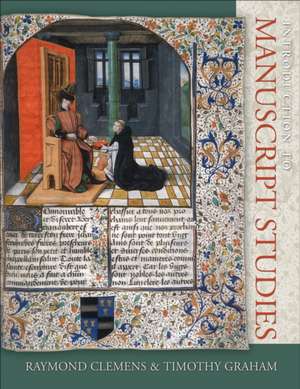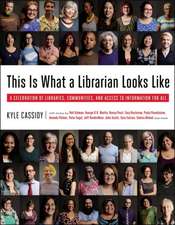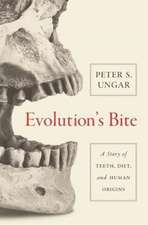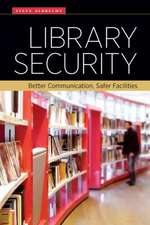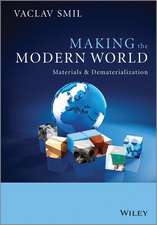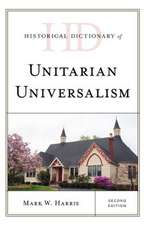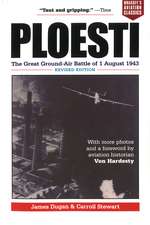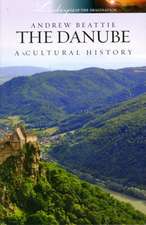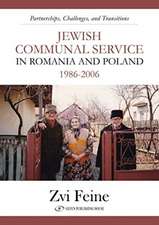Introduction to Manuscript Studies
Autor Raymond Clemens, Timothy Grahamen Limba Engleză Paperback – 14 ian 2008
Preț: 290.03 lei
Nou
55.50€ • 57.94$ • 45.93£
Carte disponibilă
Livrare economică 14-28 martie
Livrare express 28 februarie-06 martie pentru 82.00 lei
Specificații
ISBN-10: 0801487080
Pagini: 320
Ilustrații: 150
Dimensiuni: 231 x 302 x 20 mm
Greutate: 1.52 kg
Editura: MB – Cornell University Press
Descriere
Providing a comprehensive and accessible orientation to the field of medieval manuscript studies, this lavishly illustrated book by Raymond Clemens and Timothy Graham is unique among handbooks on paleography, codicology, and manuscript illumination in its scope and level of detail. It will be of immeasurable help to students in history, art history, literature, and religious studies who are encountering medieval manuscripts for the first time, while also appealing to advanced scholars and general readers interested in the history of the book before the age of print.
Introduction to Manuscript Studies features three sections:
- Part 1, "Making the Medieval Manuscript," offers an in-depth examination of the process of manuscript production, from the preparation of the writing surface through the stages of copying the text, rubrication, decoration, glossing, and annotation to the binding and storage of the completed codex.
- Part 2, "Reading the Medieval Manuscript," focuses on the skills necessary for the successful study of manuscripts, with chapters on transcribing and editing; reading texts damaged by fire, water, insects, and other factors; assessing evidence for origin and provenance; and describing and cataloguing manuscripts. This part ends with a survey of sixteen medieval scripts dating from the eighth to the fifteenth century.
- Part 3, "Some Manuscript Genres," provides an analysis of several of the most frequently encountered types of medieval manuscripts, including Bibles and biblical concordances, liturgical service books, Books of Hours, charters and cartularies, maps, and rolls and scrolls. The book concludes with an extensive glossary, a guide to dictionaries of medieval Latin, and a bibliography subdivided and keyed to the subsections of the volume's chapters.
Every chapter in this magisterial guidebook features numerous color plates that exemplify each aspect described in the text and are drawn primarily from the collections of the Newberry Library in Chicago and the Parker Library of Corpus Christi College, Cambridge.
Notă biografică
Cuprins
Part I: Making the Medieval Manuscript
Chapter 1. Writing Supports
Chapter 2. Text and Decoration
Chapter 3. Correction, Glossing, and Annotation
Chapter 4. Assembling, Binding, and Storing the Completed ManuscriptPart II. Reading the Medieval Manuscript
Chapter 5. Working with Medieval Manuscripts
Chapter 6. Punctuation and Abbreviation
Chapter 7. Encounters with Damaged Manuscripts
Chapter 8, Assessing Manuscript Origin and Provenance
Chapter 9. Manuscript Description
Chapter 10. Selected ScriptsPart III: Some Manuscript Genres
Chapter 11, The Bible and Related Texts
Chapter 12. Liturgical Books and Their Calendars
Chapter 13. Books of Hours
Chapter 14. Charters and Cartularies
Chapter 15. Maps
Chapter 16. Rolls and ScrollsAppendix: Tools for the Study of Medieval Latin
by Anders WinrothGlossary
Bibliography
Index
